6 Ways Timely Auto Repairs Can Save You Thousands Long-Term
Maintaining a vehicle is more than avoiding breakdowns; it is a proactive strategy that safeguards your investment, improves safety, and enhances long-term performance. Modern vehicles are highly complex systems integrating mechanical, hydraulic, and electronic components, all working together to ensure reliability, efficiency, and safety. Components such as the engine, transmission, brakes, cooling, suspension, and electronic controls operate under constant stress, and failure in one area can create cascading problems if not addressed promptly. Timely auto repair and preventive maintenance help identify minor issues before they escalate into costly repairs, maintain fuel efficiency, and preserve overall system performance.
Routine inspections, diagnostics, and the use of quality parts allow vehicle owners to detect small problems like fluid leaks, worn belts, or early signs of component degradation. Neglecting these issues can accelerate wear, compromise safety, and result in expensive interventions such as engine overhauls, transmission replacements, or brake system repairs. Proactive maintenance also protects resale value, ensures compliance with safety regulations, and provides peace of mind. By integrating these practices into vehicle ownership, drivers minimize unexpected repair costs and maximize the lifespan and reliability of their cars.
1. Prevents Major Mechanical Failures
Engines, transmissions, brakes, cooling systems, and suspension components all operate under significant stress, and failure in any of these areas can lead to major repair expenses. Timely auto repair is essential to prevent minor issues from developing into costly overhauls. For example, failing to address early signs of engine wear, such as unusual noises or small leaks, can eventually result in complete engine failure—a repair that may cost several thousand dollars. Transmission issues, such as slipping gears or fluid deterioration, can also escalate into full replacement if neglected. Cooling system failures, including radiator or water pump problems, can lead to severe overheating and additional engine damage. By addressing these problems early, vehicle owners protect critical systems and avoid major repair costs. According to Bankrate, routine vehicle maintenance around 5,000 miles allows technicians to identify potential issues early, helping prevent expensive failures.
2. Utilizes Professional Diagnostics
Modern vehicles rely heavily on integrated electronic systems, making professional diagnostics crucial for effective maintenance. Advanced onboard computers monitor engine timing, fuel injection, transmission performance, emissions, and safety features. When a warning light illuminates or performance declines, professional diagnostics are necessary to determine the root cause accurately. Technicians use specialized tools to interface with ECUs, retrieving error codes and real-time sensor data to pinpoint malfunctions.
For example, a check engine light could indicate a misfiring cylinder, a faulty oxygen sensor, or catalytic converter inefficiency. Without precise diagnostics, a technician may replace components unnecessarily, increasing costs and creating additional system stress. Similarly, adaptive systems such as traction control, anti-lock brakes, and electronic steering rely on multiple sensors and modules, requiring careful calibration during repairs. Professional diagnostics ensure that all systems are functioning correctly, avoid unnecessary part replacements, and help maintain optimal vehicle performance. This approach maximizes efficiency, reliability, and safety over the long term.
3. Uses High-Quality Parts
The selection of replacement components plays a significant role in maintaining vehicle performance and system integrity. OEM parts or high-grade aftermarket components adhere to manufacturer specifications, ensuring compatibility, reliability, and longevity. Using substandard parts can accelerate wear, create abnormal stress on other systems, and even compromise safety.
Brake systems, for example, rely on components rated for specific friction and thermal capacity. Using inferior brake pads can damage rotors and reduce stopping power, endangering drivers and passengers. Engine components such as timing belts, water pumps, and spark plugs must meet precise tolerances to prevent misalignment, overheating, and premature wear. Fluids such as engine oil, transmission fluid, and coolant must meet industry standards to protect against heat, corrosion, and friction. Investing in quality parts during auto repair minimizes the likelihood of subsequent failures, enhances system reliability, and ensures that all components perform according to design specifications.
4. Conducts Routine Inspections
Routine inspections are an essential aspect of preventive vehicle care, allowing technicians to identify subtle signs of wear, misalignment, or degradation before they lead to system failure. A comprehensive inspection evaluates critical areas such as the drivetrain, suspension, steering, braking, cooling, and electrical systems. Technicians check for leaks, corrosion, wear, loose fittings, and abnormal noises, documenting findings to inform maintenance priorities.
Technical inspections also play a crucial role in maintaining road safety. For example, uneven tire wear may indicate alignment issues that affect vehicle handling, increase fuel consumption, and stress suspension components. Worn suspension bushings or ball joints can reduce stability, affecting braking performance and steering precision. Identifying these issues early allows corrective action before accidents or expensive repairs occur. Regular inspections, conducted by qualified professionals, ensure that all systems operate efficiently, extend component life, and preserve overall vehicle reliability.
5. Maximizes Long-Term Vehicle Value
Long-term vehicle care extends beyond addressing immediate concerns; it is a strategy for sustaining performance, reliability, and operational efficiency over the vehicle’s lifespan. Consistent maintenance and timely auto repair help minimize unexpected breakdowns, improve fuel efficiency, and reduce wear on critical components such as the engine, transmission, and drivetrain. Vehicles maintained according to technical guidelines experience less stress on their systems, allowing them to perform optimally for many years.
Attention to technical details also contributes to environmental sustainability. Well-maintained engines produce fewer emissions, and properly functioning exhaust systems ensure that harmful gases are efficiently filtered. Replacing worn parts, maintaining lubrication, and ensuring correct calibration reduce energy losses and extend component life. Over time, vehicles that receive consistent technical maintenance demonstrate superior reliability, lower operating costs, and reduced environmental impact compared to neglected vehicles.
6. Ensures Timely and Effective Repairs with a Trusted Team
Selecting a skilled, knowledgeable team is critical for executing effective maintenance and repairs. Experienced technicians combine mechanical expertise with proficiency in advanced diagnostics, ensuring that every repair addresses both symptoms and underlying causes. Qualified service providers utilize calibrated tools, follow manufacturer guidelines, and maintain thorough documentation to ensure quality, safety, and accountability.
Transparency is equally important. Reliable auto repair providers communicate clearly about necessary maintenance, technical requirements, and part quality, allowing vehicle owners to make informed decisions. Establishing a relationship with a trusted service provider also ensures continuity in care, as technicians become familiar with the vehicle’s history, recurring issues, and specific system behaviors. This familiarity reduces the likelihood of overlooked problems, enhances performance consistency, and promotes the long-term reliability of the vehicle. Clear documentation of past repairs and maintenance schedules further enables proactive service planning, helping to prevent unexpected breakdowns. Additionally, ongoing communication fosters trust and confidence, ensuring vehicle owners understand the value and necessity of each recommended auto repair.
Timely auto repair is essential for protecting your vehicle, ensuring safety, and maximizing long-term performance. Preventive maintenance, professional diagnostics, quality parts, routine inspections, and working with a trusted team all contribute to avoiding costly breakdowns, enhancing efficiency, and extending the lifespan of your vehicle. Each proactive measure helps prevent minor issues from escalating into major repairs, safeguards critical systems, and maintains the vehicle’s value.
For drivers seeking a dependable partner in professional auto repair, Almanzar Auto Clinic provides skilled technicians, advanced diagnostic tools, and comprehensive service solutions. Their commitment to timely, precise, and high-quality repairs ensures that every vehicle remains safe, reliable, and efficient, giving owners confidence on the road and peace of mind with every mile. By addressing maintenance needs promptly and consistently, vehicle owners can maximize performance while minimizing unexpected costs.
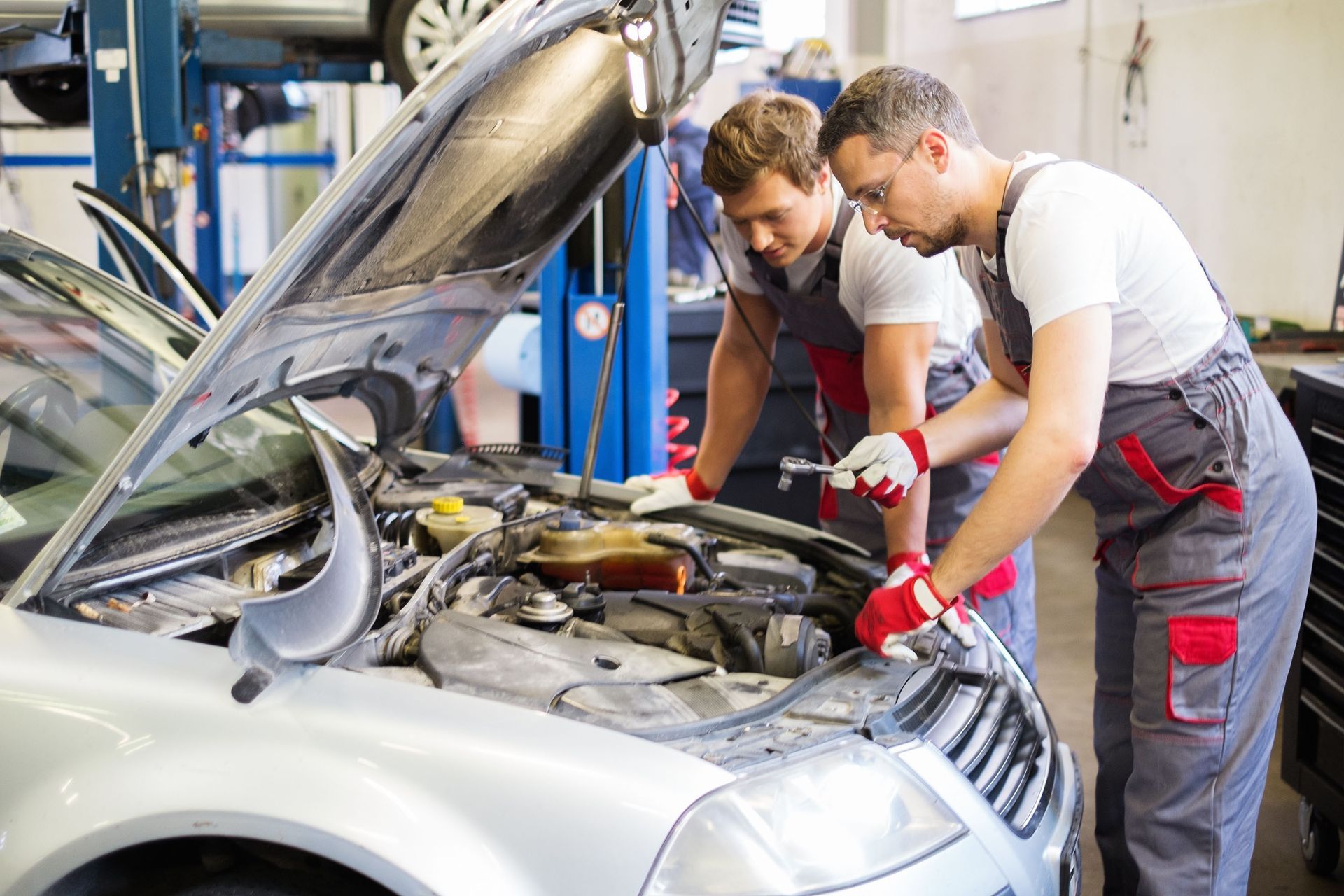

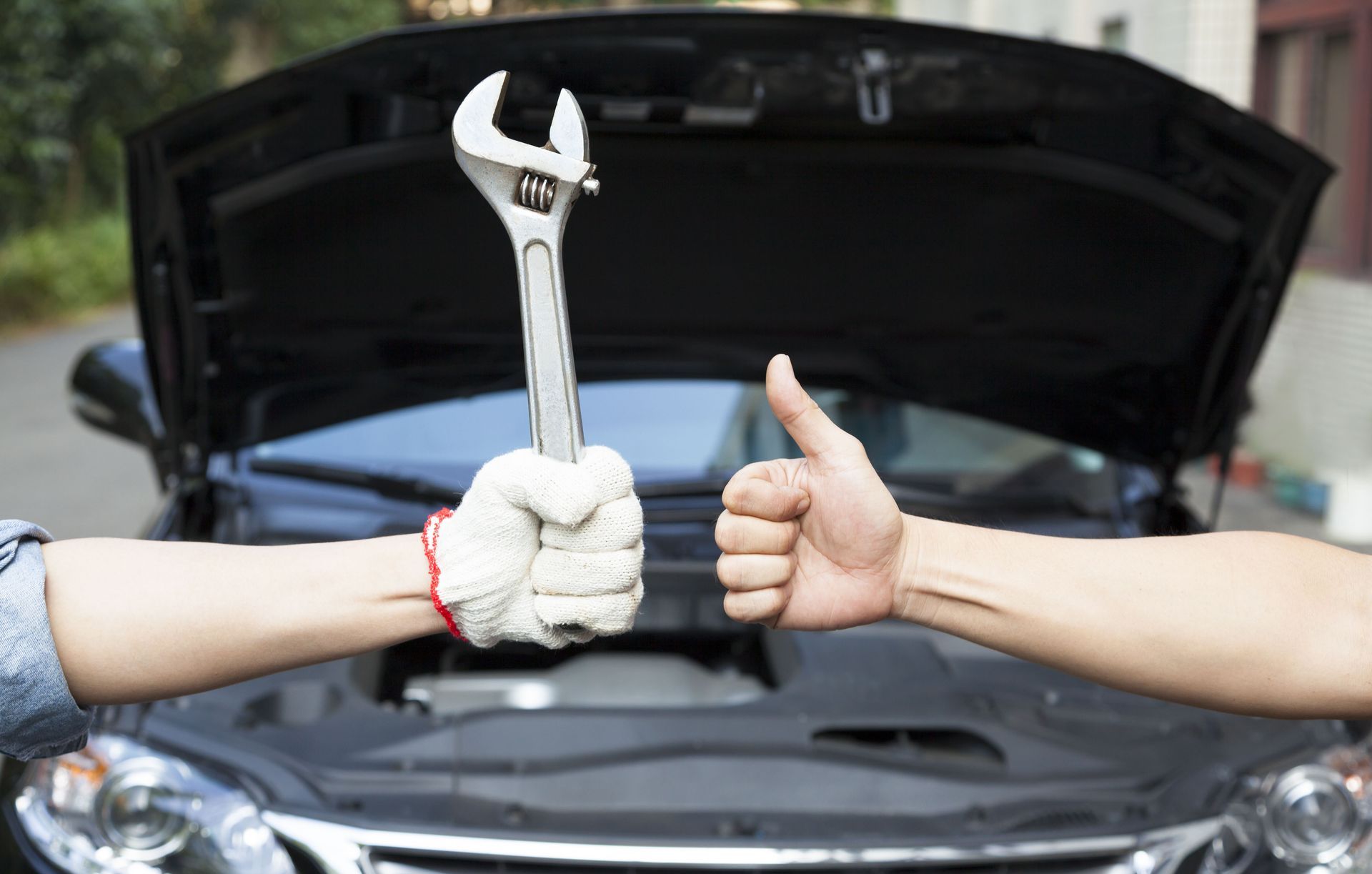
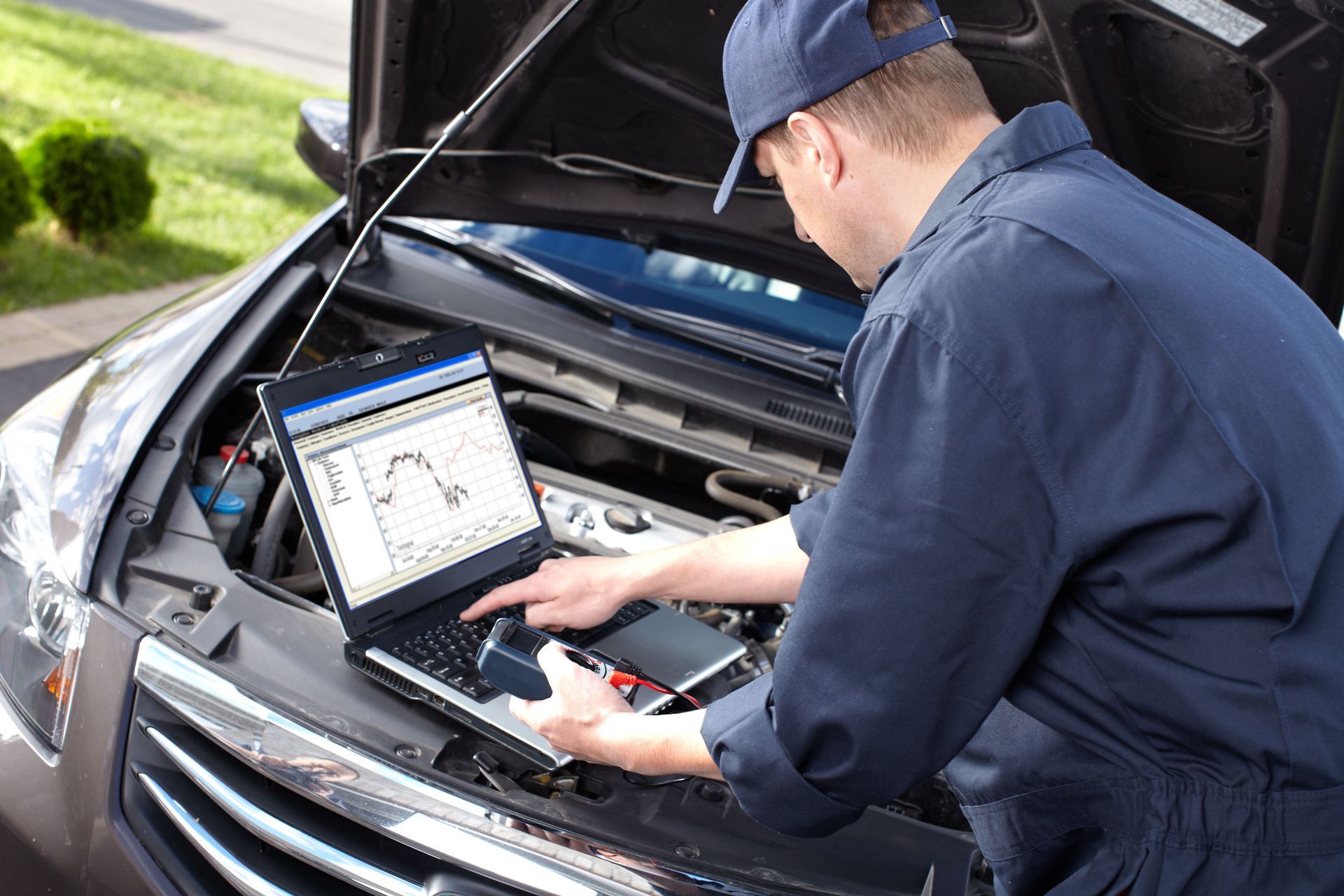
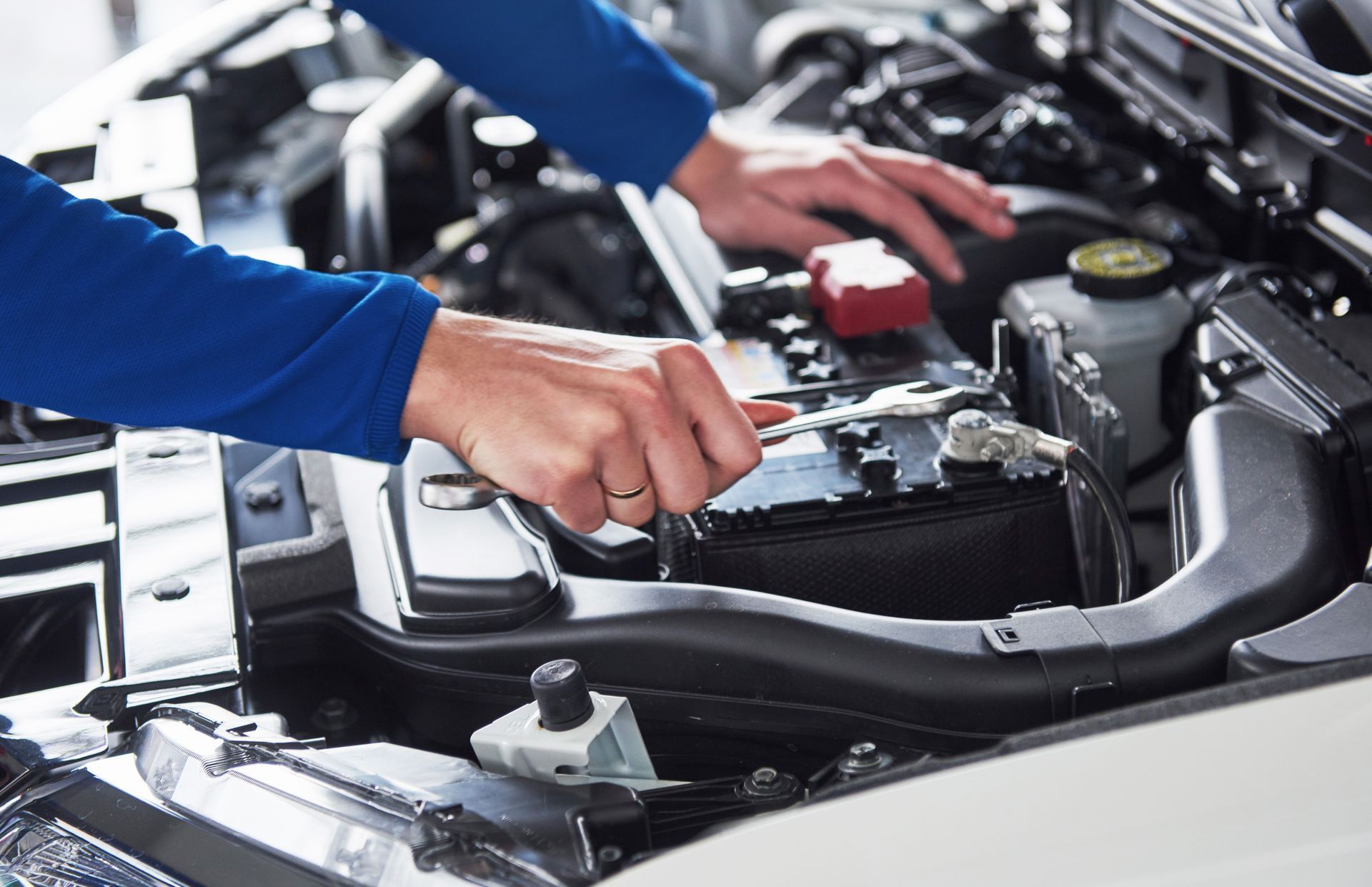
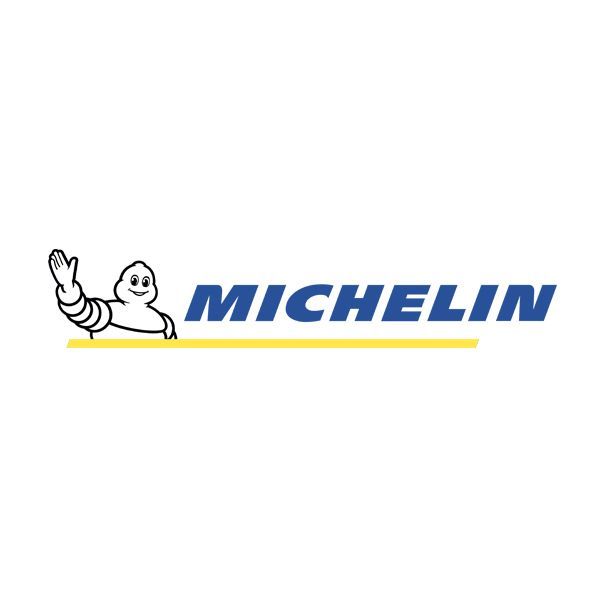




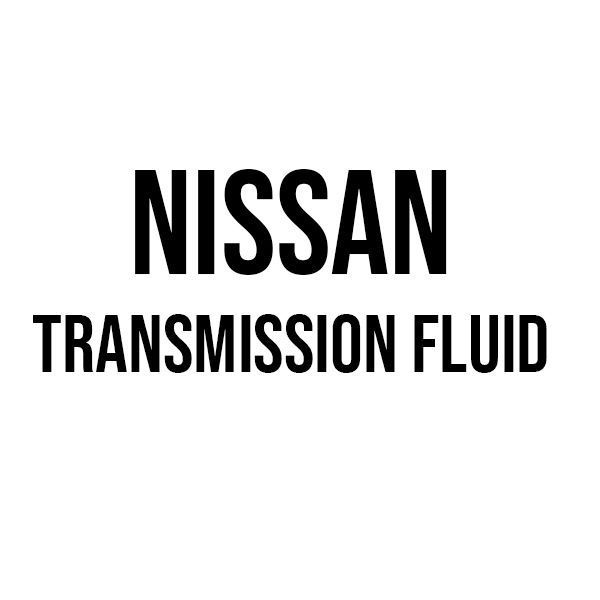
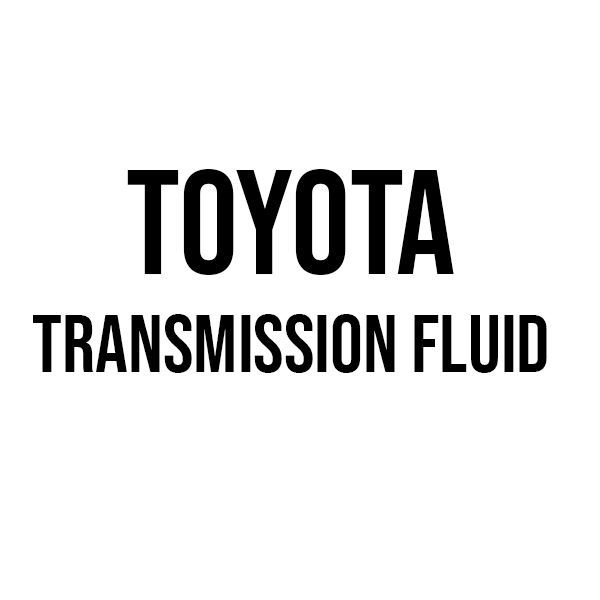

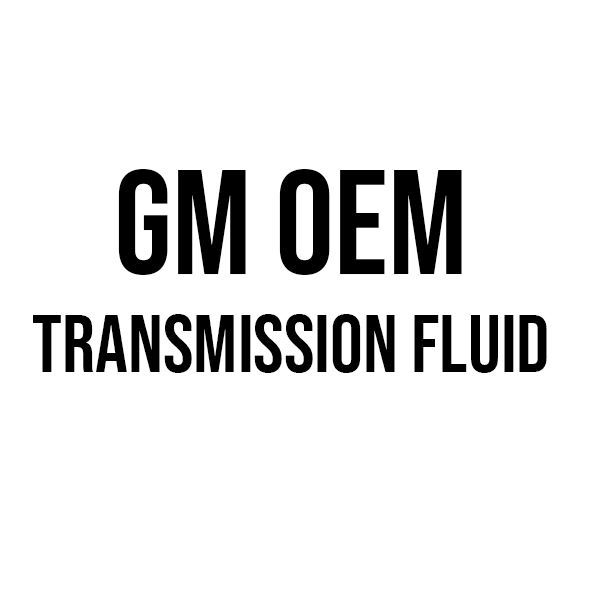
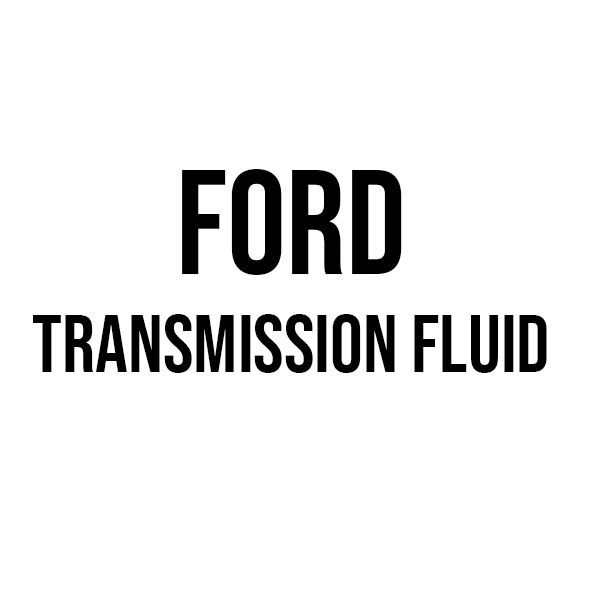
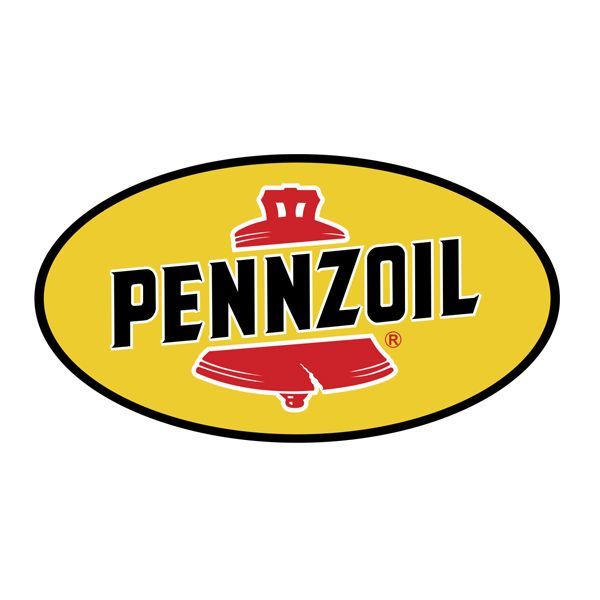

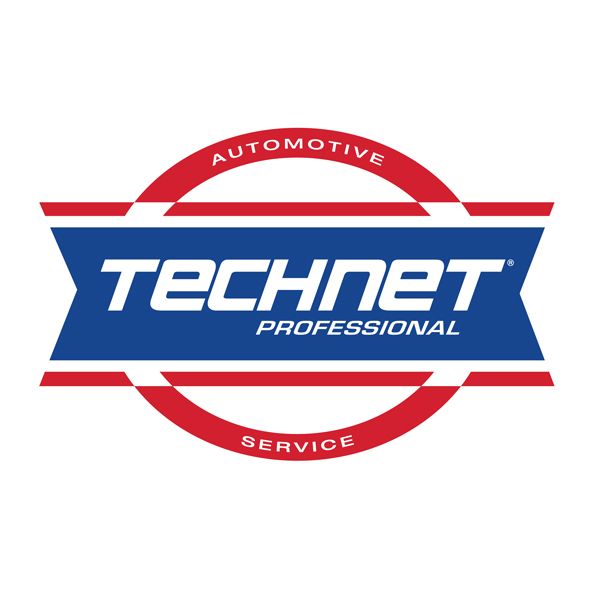
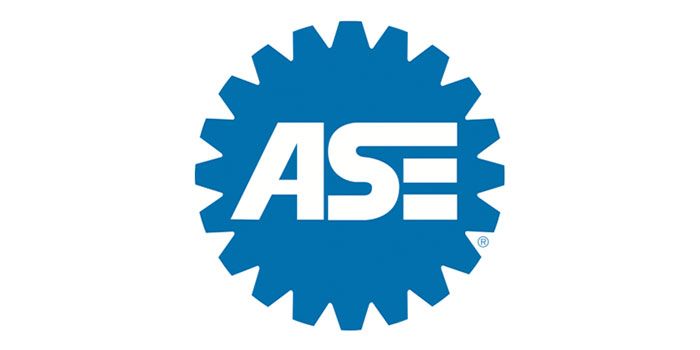
Share On: